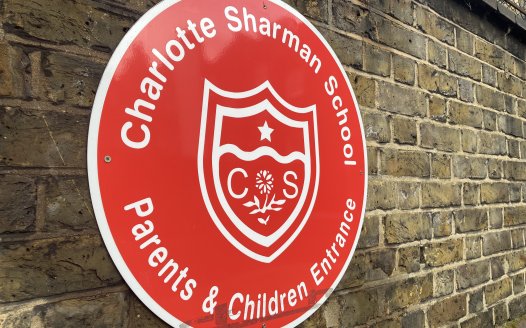NSS responds to Government consultation on school standards and 'British values'
Posted: Mon, 4th Aug 2014
The National Secular Society has backed Government plans to tackle religious extremism in schools by reinforcing principles of equality and fundamental values – but has argued that the proposed standards don't go far enough.
The new proposals strengthen the spiritual, moral, social and cultural (SMSC) standard to require schools to actively promote the "fundamental British values of democracy, the rule of law, individual liberty and mutual respect and tolerance for those with different faiths and beliefs".
Schools will also be required to encourage students to respect other people, with particular regard to the protected characteristics set out in the Equality Act 2010.
However, the National Secular Society (NSS) has called on the Government to supplement the subjective terms of "respect" and "tolerance" with a specific mention of human rights to ensure students recognise that an individual's freedom of religion or belief, including non-belief, is explicitly protected by human rights and equality law. The NSS has also called for greater clarity within the revised standards over equality legislation and human rights applying to the individual rather than communities or groups as a whole.
In its submission to the Department for Education, the NSS has also argued that a new duty on schools to actively promote the values of equality should include schools leading by example, rather than them being exempt from equality legislation to enable them to discriminate against pupils on the basis of faith in their admissions.
The NSS has also called for the promotion of "partisan religious views" to be prohibited in the teaching of any subject, in the same way that existing standards prohibit schools from promoting "partisan political views". The NSS argues that schools should be required to take steps to ensure that where religious (including non-belief) issues are brought to the attention of students, they are offered a balanced presentation of opposing views.
The submission also argues that schools should be required to ensure that all aspects of its curriculum, including assemblies, are respectful and inclusive of all pupils, regardless of their religion or belief, including non-belief. Part of fulfilling this requirement would preclude a school holding acts of worship associated with a particular set of religious beliefs.
The calls were made as part of a National Secular Society submission to a Department for Education consultation on proposed new independent school standards.
New standards which are designed to raise standards in independent schools (including free schools and academies) are being introduced following cases of independent faith schools being found to be "actively promoting views that are contrary to British values, such as intolerance of other cultures and gender inequality" and exposing students to "extremist teaching and curriculum content".
The changes, such as the duty to actively promoting fundamental British values, will also be reflected in updated guidance to maintained schools, which will be issued in September 2014.
Stephen Evans, campaigns manager of the National Secular Society, said: "In recent years our education system has become a free for all where various groups have been given free rein to promote particular ideologies. Such an approach has neglected both the civic purpose of education and children's best interests.
"We all have a shared interest in the way in schools prepare children and young people for life in multicultural Britain, and it is vital that throughout all aspects of education there is an emphasis on the basic values that underpin a free, equal and progressive society. This is particularly important in free schools and academies where the national curriculum is not being followed.
"These new standards will go some to in addressing concerns about extremism in schools, but will be undermined by an education system that encourages faith based schools and allows children, at such a formative time of their lives, to be separated according to the religious beliefs of their parents.
"Ultimately, seriously questions need to be asked about the role of religion in schools and whether the religious inculcation of children should be permissible at all in publicly funded education."







